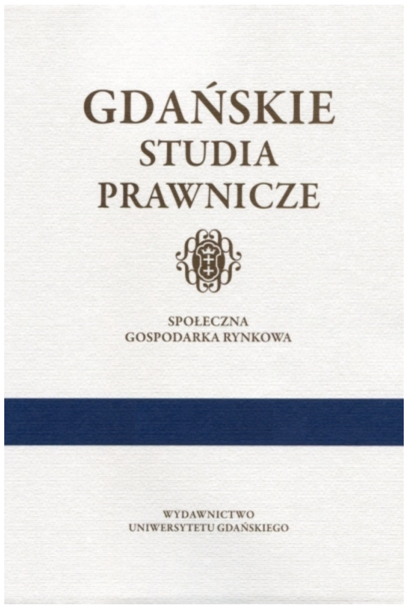Reforma zasad prawa własności w dobie Konstytucji 3 maja 1791 roku
Reform of the principles of ownership in the era of the constitution of 3 May 1791
Author(s): Anna MachnikowskaSubject(s): Law, Constitution, Jurisprudence, Political history
Published by: Wydawnictwo Uniwersytetu Gdańskiego
Keywords: Poland; 18 century;
Summary/Abstract: The issue of ownership appeared to be the most serious problem which Polish reformers had to face in the eighteenth century. For this reason the actions undertaken on the issue were much less extended than other reforms concerning the political system. The legislator referred to the sovereignty of the nation, which was understood as all the inhabitants of the state, hut maintained the state divisions concerning the ownership,equality and freedom. As a result, the Constitution of 3 May 1791 was characterized by double doctrinal perspectives. The first one was related to the sources of power, the nature and system of government as well as formal equality before the law. The second one sanctioned the socio-economic order that did not respect these values.The reformers had to settle the dilemma of how to respect the principle of the inviolability of the private property of the former nobility and to transfer the ownership of some of these goods on other citizens at the same time. Even moderate concepts such as to grant peasants the priority when buying land from public resources did not obtain any support. For this reason, the modern regulation of ownership took place only in the nineteenth century. Therefore the role of the Constitution of 3 May 1791 on the issue of ownership was not designated by a specific legal solutions, which were missing, but by the presumption assigned to this act that subsequent changes were already inevitable.
Journal: Gdańskie Studia Prawnicze
- Issue Year: 2014
- Issue No: XXXI
- Page Range: 887-898
- Page Count: 12
- Language: Polish

